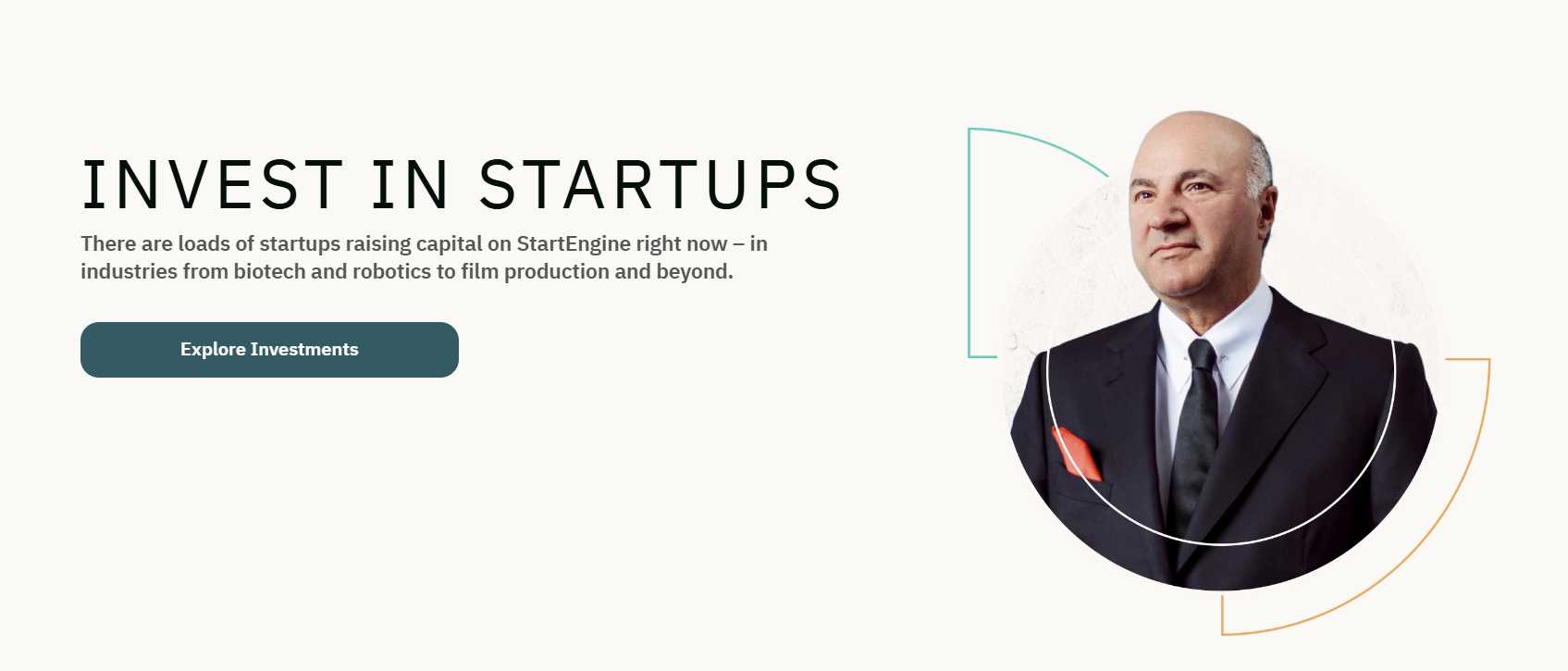Did you know that if you invested in Uber Technologies during its early stages, it would have returned you 3,000,000% during its IPO? Investing in pre-IPO companies and startups that showcase disruptive potential can be a lucrative way to diversify your portfolio for massive gains. These nascent companies generate returns for investors when they go public or are acquired by another company.
However, investing in startups could be tedious for the average investor since venture capitalists (VC) often pour between $1 million and $5 million into young companies in exchange for equity to really make an impact. Startups that use funds to scale operations, brand outreach, and drive innovation. These companies offer high-risk, high-reward investment opportunities for the long term that attract investors looking to eliminate the hassles and volatility linked with public companies. While investments in real estate and pre-IPO companies have always required an initial lump sum capital, the industries have been democratised in recent years to allow non–accredited investors to enter these markets for a fraction of the cost.
Investing In Unlisted Private Companies Has Never Been Easier
Equity crowdfunding platform StartEngine is an emerging startup investing platform that allows you to buy stakes in vetted startups across diverse industries, from biotech to green energy, for as low as $100. StartEngine’s 1.8 million strong investor community has helped raise $1.2 billion for hundreds of startups over 1,000 rounds, and 90% of offerings have reached their funding goals. If the startup misses its minimum funding goal, all capital is returned to the investors in 10 business days after closing the offering. Furthermore, if the listing is oversubscribed, investors can submit an “indication of interest” to be placed on a waitlist for these offerings.
StartEngine
Many startups on their platform have received investments from renowned people like Bill Gates and Mark Cuban. Since its inception in 2014, StartEngine has completed dozens of exits, translating to investor gains. Remember how companies like AirBnB, Meta, and Palantir Technologies were funded by venture capital before they went public and excelled in their respective industries? StartEngine is now offering similar opportunities to everyone.
When you create an account on StartEngine, you can access hundreds of startups that are raising capital. Each listing details the company’s history, valuation, and management alongside its milestones, reasons to invest, and provisions for bonus shares (up to 10% for Venture Club members for $275 annually). When you invest and own a financial stake in the startup of your choice, you can keep investing in future rounds, hold on to your private company shares, or sell eligible securities on StartEngine’s secondary trading platform called StartEngine Marketplace if the company decides to list its shares there. There are several ways to pay for your investments as well. While most startups will accept ACH and wire transfers, many have started accepting credit cards for investments.
Fees And When Can You Expect Returns?
While StartEngine charges startups for raising funds on its platform, these companies often choose to offset a part of listing costs by charging investors a flat processing fee of 3.5%. Furthermore, payments made via wire transfers can also attract transaction and applicable banking fees. Suppose the startup you have invested in chooses to list shares on StartEngine’s Secondary trading market. In that case, investors can directly buy stock for free, but selling it would incur a 5% transaction fee. Since fees are percentages of the investment amount, the cost of realising gains grows with the investment size.

StartEngine
Meanwhile, once an offering is closed, StartEngine has no say on when/if the company will list shares on its trading platform or have any control over your investment. Startup investing carries risks different from trading public companies, like higher chances of failure, illiquidity, and lack of management transparency. Even if startup shares are listed for sale on Secondary, there’s a lock-in period of one year for shares sold via Regulation Crowdfunding (Reg CF) offerings. On the other hand, investors can sell shares offered by Regulation A+ issuers immediately after purchase.
Differences between these regulations mostly revolve around the eligibility criteria for investors (annual income), disclosure mandates, filing rules with the US Securities and Exchange Commission, and the money startups can raise in a particular timeframe. For instance, in Regulation A+, non-accredited investors can inject up to 10% of their yearly income or 10% of their net worth into startups, while there are no conditions for accredited investors.
StartEngine’s end-to-end service for companies and investors can become the cost-effective gateway to private equity, which has been limited to the wealthy for decades. Since you can buy a portion of a company for hundreds of dollars rather than paying millions, the average investor can reduce the high startup risks by diversifying investments into multiple startups across promising industries.
Disclaimer: Our digital media content is for informational purposes only and not investment advice. Please conduct your own analysis or seek professional advice before investing. Remember, investments are subject to market risks and past performance doesn’t indicate future returns.


